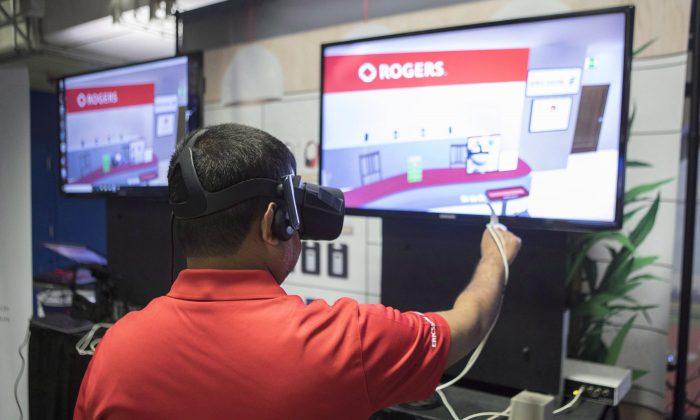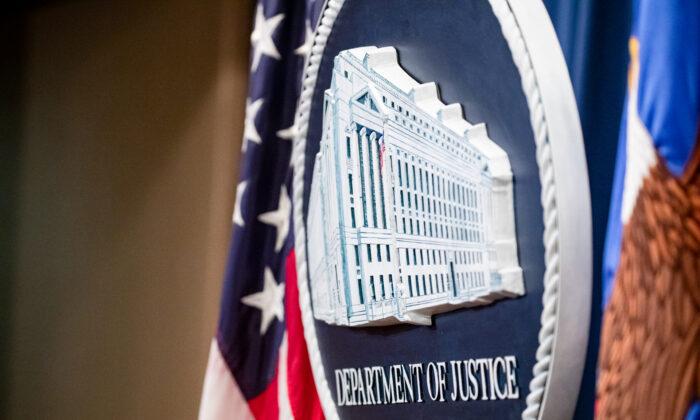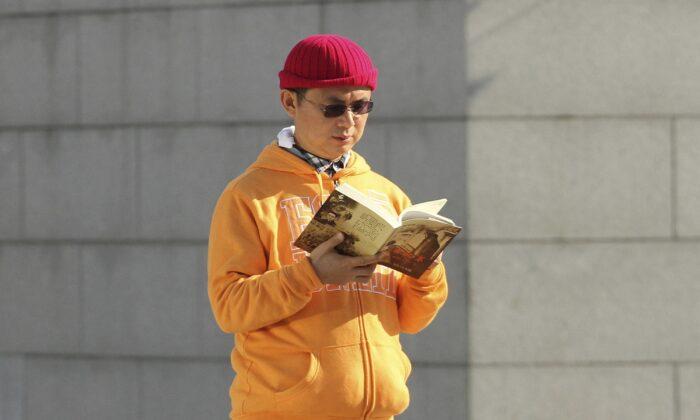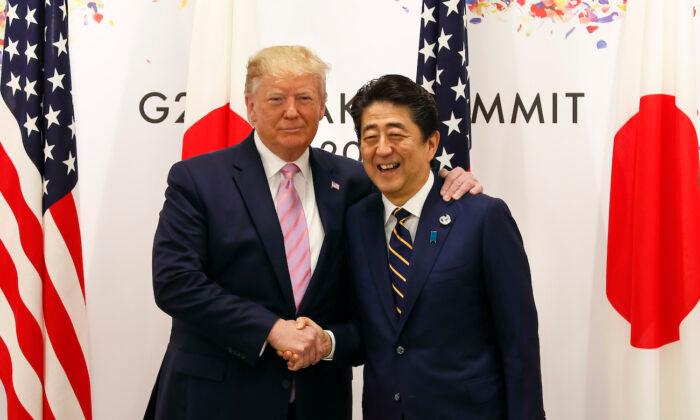On Sept. 30, the U.S. Under Secretary of State for Economic Growth, Energy, and the Environment, Keith Krach, delivered remarks regarding 5G Clean Network at the request of moderator Justin Higgins, director of the Brussels Media Hub, on LiveAtState, an online press briefing.
Krach began his remarks with a current and urgent threat from China. He criticized the Chinese Communist Party (CCP) for exploiting the institutions of the free world. Chinese authorities have tried every means to take advantage of democratic countries by resorting to market restrictions, forced technology transfers, and intellectual property theft.
Throughout his speech, the 5G Clean Network was Krach’s primary highlight. He clarified the real intention of the United States in promoting the Clean Network: to join hands with likeminded nations to tackle long-term threats to data privacy, security, human rights, and trusted collaboration. He further annotated that such a Network is rooted in internationally accepted digital trust standards.
He noted that people must acknowledge the “intersection” between 5G providers and national security equities, and that only by building safe networks today, can governments “ensure the integrity of their systems and prevent costly countermeasures down the road.”
Krach reminded his listeners that China’s 5G is an arm of the CCP surveillance state and a tool for human rights abuse.
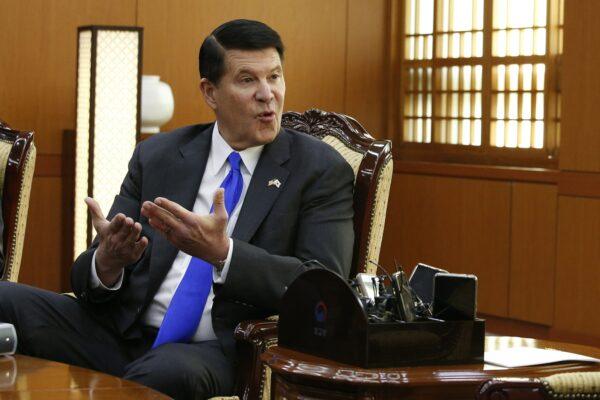
“History has taught us there is power and strength in unity and solidarity and together we can control our 5G destiny” and ensure “we lead our people down the clean path for a safe and a secure future,” Krach said.
Krach pointed out the environmental crises that China has brought about to this planet. He blamed China as the world’s largest annual greenhouse gas emitter; the largest mercury emitter, which poses a major health threat; the largest illegal wildlife consumer; the largest illegal timber consumer; one of the largest emitters of marine plastics; and one of the worst perpetrators in terms of illegal unreported and unregulated fishing.
During the Q&A session, Krach shared his viewpoints on major topics. Raphael Balenieri from Les Echos, a French financial newspaper, asked if he planned to put SMIC (Semiconductor Manufacturing International Corporation) on the Department of Commerce’s Entity List, and how he responded to the argument that U.S. sanctions on Huawei are counterproductive because they are forcing China to boost its own technology and software. Krach said that SMIC is absolutely a state-backed company, and is involved with civilian-military fusion, and that it is “these semiconductors that power that surveillance state which extends that great firewall, which is a tremendous threat to democracies around the world.”
Jenny Che from Intelligence Online asked how receptive Germany has been toward U.S. warnings about Huawei during his recent talks. Krach said “very receptive,” and “they’re coming out with an IT security act.” He also said the United States wanted Germany to learn from their experiences and those of other countries, and that the final decision is a German one and the United States will respect that.
Then almost immediately, Krach praised Germany as “a great leader in quality, reliability, data privacy, and security.” He also said, “We would of course love Germany to join the Clean Network” and the Clean Network would be “incomplete without them.”
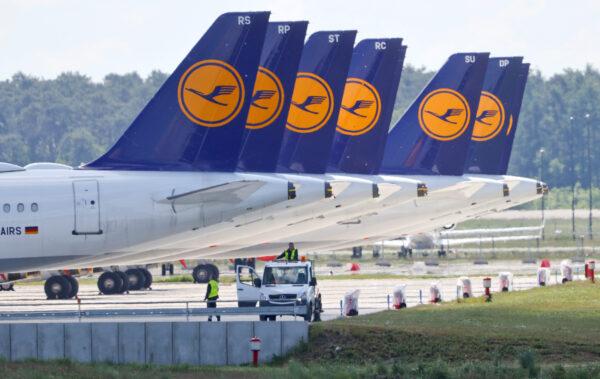
When asked which EU countries are closest to signing a joint declaration with the United States on 5G security, Krach replied that right now, of the 30 NATO countries, 20 are already on the Clean Network. Then he particularly stressed that they don’t want to end up with a fractured NATO or two NATOs. To illustrate his point, he presented an intriguing “pearl necklace” theory: “You’re weak in one place, it can expose the others.”
